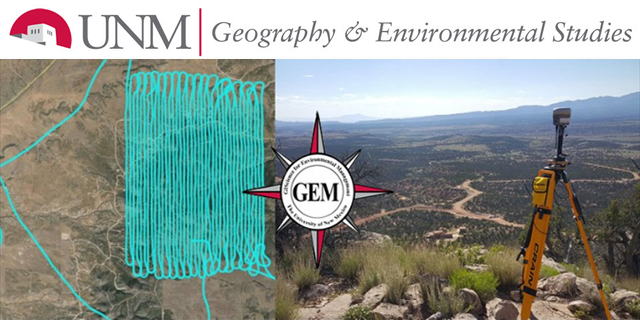
Geography ETDs
Publication Date
9-3-2013
Abstract
This research project examines data produced by volunteers through the Ushahidi web platform in response to the earthquake that struck Haiti in January 2010. Volunteers translated messages submitted by victims in Haiti, categorized each message based on its content, and georeferenced each message on a dynamic web based map. When categorizing the data, volunteers were able to assign up to 8 main and 42 subcategories to each message. Initial inspection of the attribute data produced by the volunteers indicated a strong discrepancy between the contents of the messages submitted by the victims and the corresponding attributes assigned to those messages by the volunteers. By comparing the attributes of the data originally produced by the volunteers to data that I re-categorized, I was able to examine the degree of inconsistency among the attribute data produced by the volunteers. I found that only 26.59% of the messages submitted by the victims were consistently categorized compared to the data set that I re-categorized. However, when aggregating the subcategories up to their appropriate main category, I found 49.88% of messages were consistently categorized indicating that approximately half of the messages were conveying the main idea or ideas of the victims messages. These numbers are significantly lower than the estimate of 64% correct categorization produced by an independent review of the Ushahidi platform. Despite these low indicators of consistent categorization, the volunteer response to the Haitian earthquake represents a paradigm shift in emergency response and victim empowerment that has been repeated in numerous natural and man-made disasters around the world.'
Degree Name
Geography
Department Name
Geography
Level of Degree
Masters
First Committee Member (Chair)
Benedict, Karl
Second Committee Member
Lippitt, Christopher
Document Type
Thesis
Language
English
Keywords
Geography, GIS, VGI, Ushahidi
Recommended Citation
Camponovo, Michael. "Assessing Uncertainty in Volunteered Geographic Information for Emergency Response." (2013). https://digitalrepository.unm.edu/geog_etds/18
